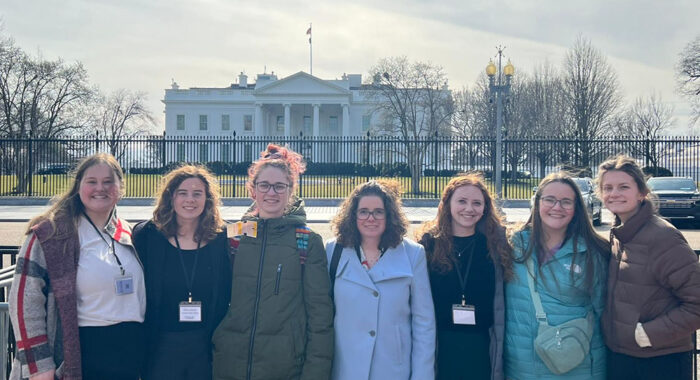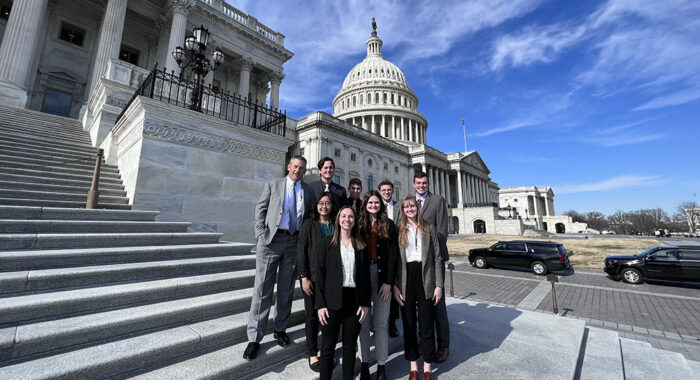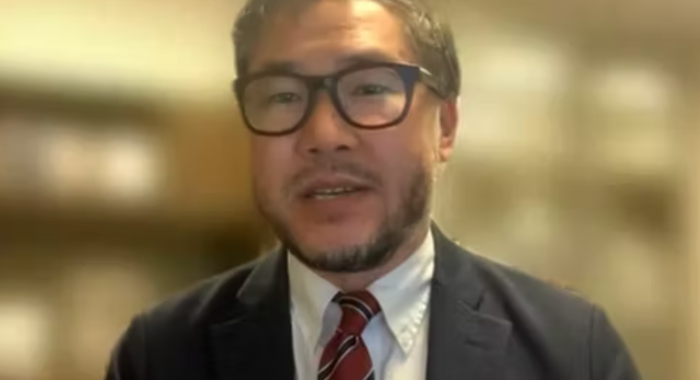
The NAE is grateful for renewed attention and public debate about the national debt, which has accumulated over many years and currently exceeds $14 trillion. By failing to live within its means, the nation has enjoyed unsustainable prosperity at the expense of future generations.
The fiscal crisis has spiritual roots. The Bible counsels contentment with what we have (Luke 3:14, Hebrews 13:5) and generosity to those in need (Proverbs 22:9, 1 Timothy 6:18). We are told to pay taxes (Matthew 22:21, Romans 13:7). Persistent deficit spending, whether at the personal or national level, violates biblical teaching and leads to bondage (Proverbs 22:7).
The NAE renews its call for the president and Congress to demonstrate moral leadership and fiscal integrity in addressing the national debt. This will require extraordinary political courage, bipartisan cooperation and shared sacrifice. Every major area of expense and revenue must be scrutinized — particularly those that have contributed the most to the deficit.
We reiterate our insistence that deficit reduction not lead to an abandonment of our commitments to the poor. We embrace the Church’s call to care for the poor. The government also shares in this responsibility. Basic decency requires that we assist those who lack the bare essentials for survival. Prudence dictates that we help the poor reach their full potential as productive, tax-paying citizens. Addressing extreme poverty abroad demonstrates the nation’s values and builds a more stable, prosperous and secure world for everyone.
Contrary to popular belief, total international assistance programs represent only 1.7 percent of the federal budget; poverty-focused aid is only 0.6 percent. We have not amassed our national debt by spending too much on the world’s poor.
We reaffirm the NAE’s 1995 resolution, which states,
We strongly believe that any review of the U.S. foreign aid budget should safeguard our country’s benevolence to those in desperate need. Although our country cannot solve all of the world’s problems, our foreign aid should be available to care for victims of war and disaster, reduce chronic poverty, and assist with health care for those exposed to preventable illnesses. We urge the U.S. Congress, therefore, to approve foreign aid budgets that will protect and strengthen our nation’s long-standing tradition of humanitarian concern and bring hope to those who are displaced, hungry, and in need.



 View All Updates
View All Updates 




























